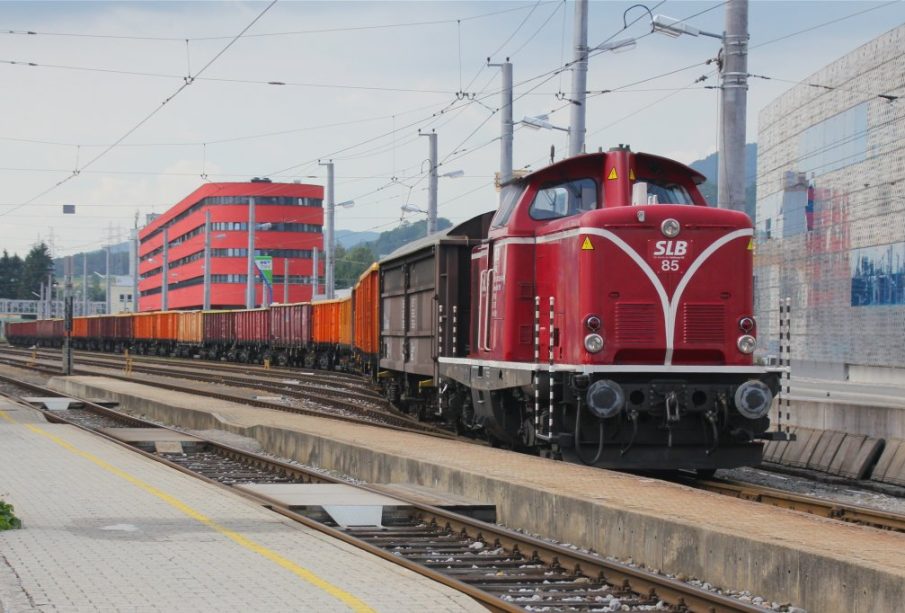A Journey Through the Historic City of Salzburg

Introduction
Salzburg, the fourth-largest city in Austria, is renowned for its baroque architecture and as the birthplace of the famed composer Wolfgang Amadeus Mozart. The city, nestled at the foothills of the Alps, is not just a historical gem but also a vibrant cultural hub that attracts millions of tourists each year. Understanding Salzburg’s significance offers insight into its enduring charm and relevance in both music and history.
Rich Historical Significance
Salzburg’s history dates back to Roman times, originally established as a settlement called Juvavum. However, it was during the Middle Ages that it blossomed into a vital ecclesiastical centre under the leadership of the Prince-Archbishops. The stunning Hohensalzburg Fortress, one of the largest and best-preserved medieval castles in Europe, stands witness to the city’s storied past. Today, the fortress serves as a major tourist attraction, offering panoramic views of the surrounding region.
Cultural Events and Festivals
One of the highlights of Salzburg’s cultural calendar is the Salzburg Festival, flourishing since 1920. This annual festival celebrates the performing arts, particularly opera and classical music, drawing international artists and audiences. Additionally, the city hosts the Salzburg Easter Festival and other various music festivals throughout the year, making it a year-round destination for culture enthusiasts.
Marvelous Architecture and Scenic Beauty
The Altstadt (Old Town) of Salzburg is a UNESCO World Heritage Site, famous for its baroque buildings, which include the Salzburg Cathedral and the magnificent Mirabell Palace, renowned for its beautiful gardens. Visitors can also stroll along the picturesque Salzach River and enjoy the backdrop of the Alps. The harmonious blend of urban life and natural beauty makes Salzburg a unique destination that captivates every visitor.
Conclusion
Visiting Salzburg offers an enriching experience filled with historical and cultural exploration. The city’s ability to preserve its heritage while thriving in modernity makes it a noteworthy destination. As tourism continues to grow post-pandemic, Salzburg remains relevant as a key player in the cultural landscape of Europe. Its exquisite architecture, lively festivals, and breathtaking scenery are sure to leave a lasting impression, making it a must-visit for anyone travelling to Austria.







